About NISA
Foundation
Established in 2002 as 501-C (3) non-profit organization, the North American Islamic Shelter for Abused (NISA) was created to alleviate challenges related to abuse and domestic violence, issues statistically on the rise within the Muslim community. NISA aims to address the concepts of ‘ma’roof’ and ‘munkar’: enjoining what is right & forbidding what is wrong, while examining disputes within families, as well as addressing elder abuse, premarital counseling, spiritual counseling and community outreach awareness.
Objective
Rooted in Islamic values, NISA strives to create a more just community in which people of all cultures and beliefs can participate. Our primary goal is to reduce the incidents of domestic violence and achieve domestic harmony among families through collaborative efforts with the community and other established organizations. NISA does not discriminate. We provide services to all who seek our assistance.
Mission
NISA’s mission is to preserve human dignity by aiding those who live in an unsafe environment filled with pain, fear and hopelessness. We promote domestic harmony and aim to restore an Islamic family system that brings the rights of the husband, wife, children, and relatives into equilibrium. Our approach is to handle domestic violence while incorporating a spiritual dimension, which is necessary to deliver effective services and sustain efforts. NISA seeks to increase awareness about domestic violence in our community at large. Help is free, available and should be sought before family problems become irreparable.
Board of Directors
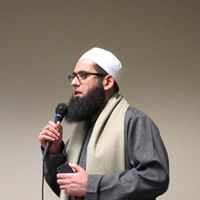
Imam Tahir Anwar
President
Tahir Anwar is a Bay Area based Imam. While he primarily serves the South Bay Islamic Association, by extension he serves the entire Bay Area Muslim community. He also teaches Islamic Law at Zaytuna College in Berkeley, CA.
His passion is in serving the community, which led him to deliver sermons on domestic harmony & domestic violence very early in his career in the early 2000’s. He has been on the board of NISA since 2012.

Amina Anwar
Treasurer
Amina Anwar is a Director, Deposit Solutions at First Republic Bank in San Francisco. She earned her Bachelor’s degree from U.C. Riverside. She has been on the board of Nisa for thirteen years. She is of Indian origin and grew up in Kuwait and U.S. She is fluent in English and Urdu. She along with her husband and four children reside in Palo Alto.
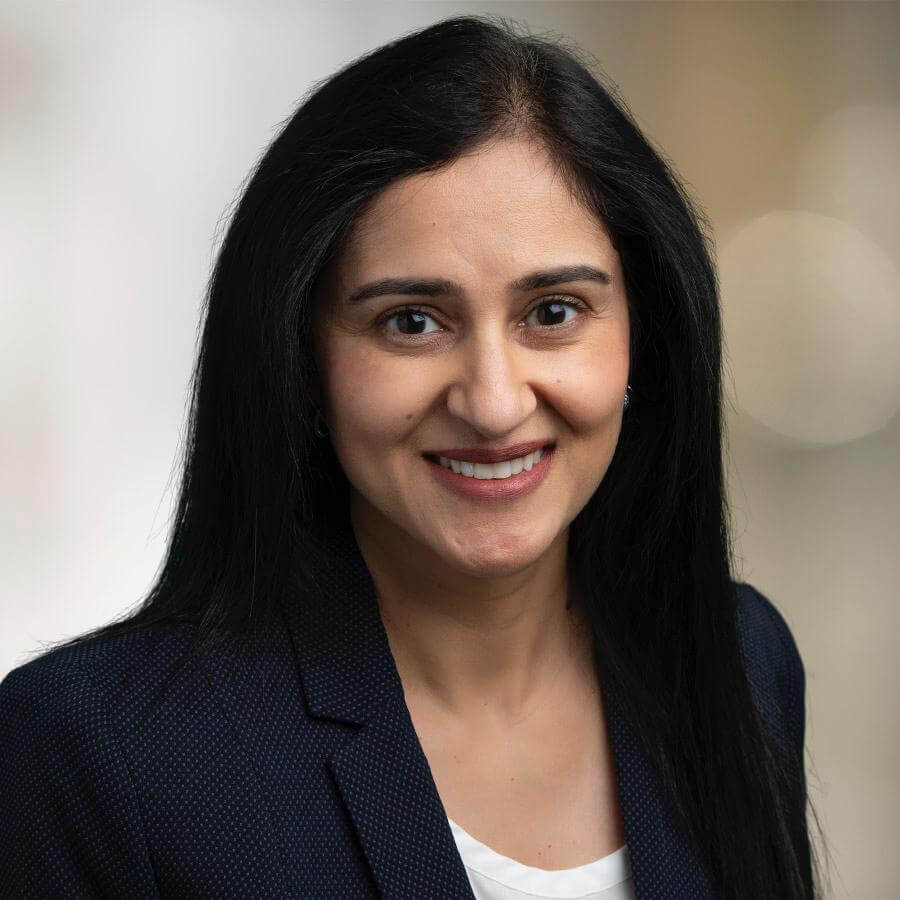
Tehmina Shaikh
Secretary
Tehmina Shaikh is a seasoned Human Resources professional who has held strategic talent management roles at several Fortune 500 companies. Tehmina holds a Masters in Business Administration and has a wealth of experience in shaping organizational strategy, fostering collaboration, promoting diversity and inclusion, and nurturing talent.
Beyond her corporate capabilities, Tehmina is driven by a deep sense of social responsibility. She believes in using her skills and knowledge to address pressing societal issues, and her involvement with NISA as a volunteer since 2012 reflects this commitment. Tehmina joined the board in 2023 and is excited to contribute her strategic insight, leadership acumen, and passion for making a difference.
Tehmina resides in the South Bay with her husband and two daughters. She likes cooking, travelling, gardening and enjoys spending time with family and friends.
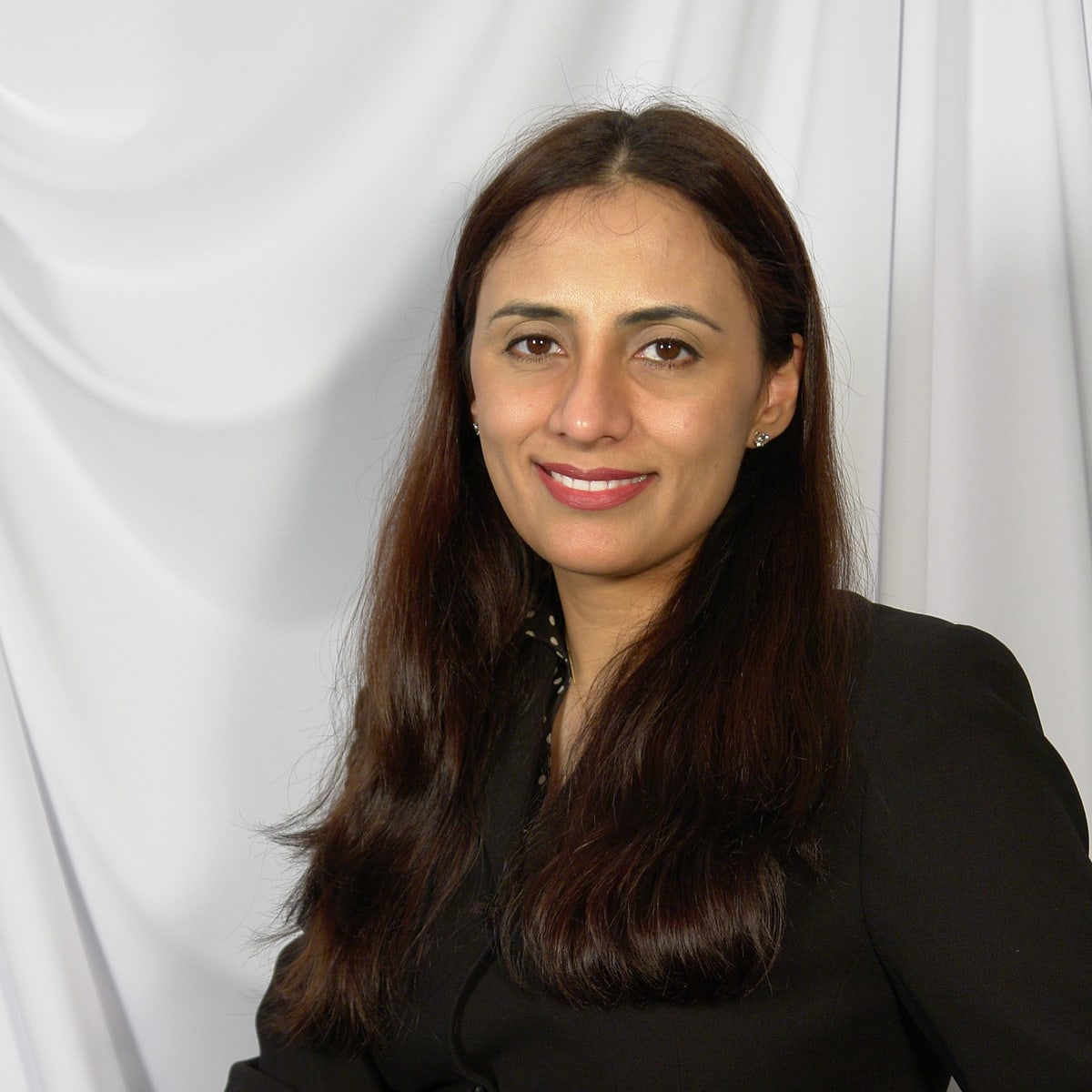
Asma Ahmad
Asma Ahmad, Esq. is an attorney who works in private practice in Oakland, CA. She earned her J.D. and Master’s degrees from Golden Gate University, and has held various positions at non-profit organizations including the Islamic Scholarship Fund and serving as President of the Bay Area Ass’n of Muslim Lawyers. She enjoys watching British comedies and visiting family in Northern Pakistan.
Asma grew up in Kensington, London where she received the Queen’s Distinguished Award for Academic Excellence emanating from her ‘A’ Level examination results and serves as Advisor to the Duke of Edinburgh Award Scheme, U.K.
She is fluent in French & Urdu and lives in the East Bay with her husband and four children.
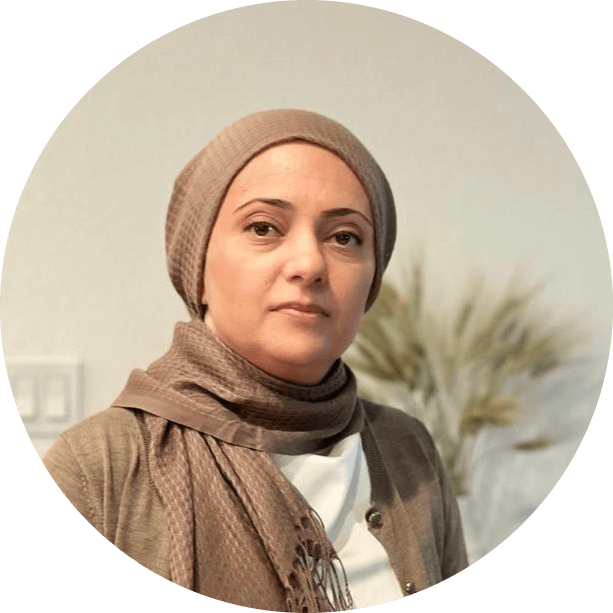
Saha Jamshed
Board Member, Head of Advocacy
Saha Maschuq Jamshed is NISA’s Client Services Program Manager. She is a licensed Social worker who is actively engaged in working with the community’s most vulnerable members to ensure their well-being and success. Saha has been with NISA since 2006 and is most passionate about addressing the multi-generational cycle of violence with an emphasis on promoting healthy relationships. Saha also works at Axis Community Health as a Therapist.
In her spare time, Saha enjoys interior decorating and spending time with her precious daughters.
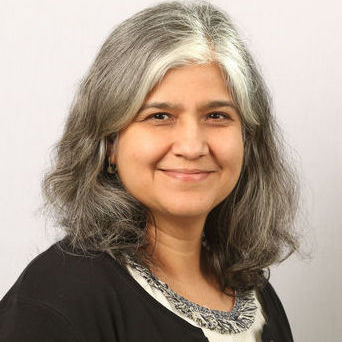
Huma Qureshi
Board Member/Head of Advocacy
Huma Qureshi is a seasoned technology leader who has held numerous technical and business roles at Cisco Systems. She has a proven track record in creating solutions and driving sales for products and services to achieve business growth.
Huma has been a NISA board member since 2010. She is very passionate about education, mentoring
and supporting women’s careers. In line with NISA’s mission, she is committed to empowering the domestic violence clients and making them self-reliant.
In her free time, Huma likes to cook, travel and work towards her own spiritual growth.
Board of Advisors
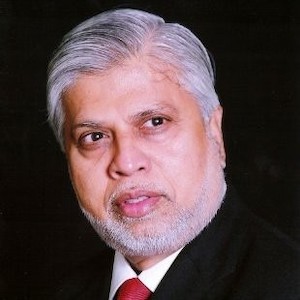
Manzoor Ghori
Manzoor Ghori, is NISA’s Treasurer and was a Founding member of NISA (North American Islamic Shelter for Abused) which is dedicated to stopping domestic violence and promoting family harmony in the San Francisco bay area. He is passionate about community services and has been involved with several organizations:
He is a Founding member and Executive Director of Indian Muslim Relief and Charities (IMRC). He emigrated from Hyderabad, India in 1968 after he completed his Bachelor’s degree in Sciences from Osmania University. He furthered his education by earning his Bachelor’s and Master’s degree in the U.S. After working 30 years as a clinical scientist at Kaiser Hospital he retired to devote 100% to IMRC. He lives in Palo Alto with his wife, who is also an avid supporter of IMRC; participating in IMRC’s first India Health Initiative program.
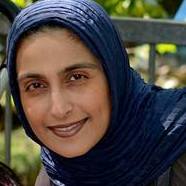
Mahnoor Baig
Mahnoor Baig is an experienced professional in the areas of community relations, outreach, and corporate fundraising with an extensive background working for nonprofits, particularly within underserved communities.
She has been a NISA Board member since 2011. Her role on the board is to work closely with NISA ‘s team of staff, volunteers, and partners to ensure the smooth and successful functioning of the Advocacy Program.
Mahnoor holds a bachelor’s degree in Rhetoric and Communication and a master’s degree in Public Administration. She also currently serves on the Board of Trustees for Valley Montessori School, where she focuses on issues of diversity, inclusion, equity, and community engagement.
Originally born in Hyderabad, India, she has called the Bay Area home for most of her life. She resides with her family in Pleasanton, CA.
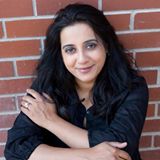
Naheed Hasnat
Ever since she was little, Naheed Hasnat could be found with her nose in a book. At the age of six, she left home in the San Francisco Bay Area to live in the Middle East, then attended boarding school in London where she was voted “Most likely to lead a literary revolution”. An accomplished storyteller, she has worked with fortune 500 companies, startups and consulting firms to effectively communicate and highlight the value of their unique products and services. She attended the University of California, Berkeley, as an undergrad and volunteered with DV organization, NARIKA, beginning her passion to work with women and children. She earned an MIA from Columbia University and settled in the East Bay with her husband, two sons and a cat. Naheed has tried to live up to her label from high school and is the author of award winning books for children and young adults. She continues to be a voracious reader, an avid traveler, an adventurous cook and an eater of good things.
About Domestic Violence
What is Domestic Violence?
Domestic violence (DV) is a generic term for abusive behavior between couples. It is a learned systematic behavior that uses physical, sexual, and/or psychological abuse in order to exert and maintain power and control over an intimate partner. The patterns of abuse do not usually begin with an act of violence. Psychological Abuse, including isolation, minimization of a partners decision-making abilities and obsessive jealousy, are usually initiated first. Abuse and battering is a system of behaviors to control another person’s actions and feelings.
Domestic violence has claimed the lives of women and men, irrespective of class, education, race, religion, status and orientation. Primarily women, but also men, are physically abused and emotionally exploited right within their own homes and families. Recent FBI statistics show that a woman is beaten every 12 seconds, nationwide. A domestic partner will assault 1 out of 4 women in the United States at least once in her lifetime. In addition, children in homes where domestic violence occurs are physically abused or seriously neglected at a rate of 1500% higher than the national average of the population.
Source What Islam Says About Domestic Violence: A Guide for Helping Muslim Families By Zainab Alwani & Salma Abugideiri.
Islam and Domestic Abuse
The foundation of an Islamic marriage is described in the following verse from the Holy Quran:
“And among His signs is this: that He created for you mates from among yourselves, that you may dwell in tranquility with them, and He has put love and mercy between your (hearts). Verily in that are signs for those who reflect.” (Quran : 30: 21).
The above verse can be taken as a reminder that spouses are inherently equal and that the union between them is a peaceful and compassionate one. Marriage is considered in Islam to be an act of obedience to God, and the goal of each person within the marriage is to please God by living a divinely guided life and avoiding His prohibitions. Any behavior or interaction done with the intent of upholding divine instruction will be rewarded by God in the hereafter and will contribute to a healthy family unit. Islam does not regard woman in any way inferior to man. It makes both of them equal partners in the business of life. They are two wheels of the same carriage and the carriage cannot move forward without either. The following verse shows that men and women come from the same root and are branches of the same tree.
“O Mankind! Reverence your Guardian Lord, Who created you from a single person, created, of like nature, His mate, and from them twain Scattered like seeds countless men and women” (Quran : 4: 1)
Under no circumstances does the Quran encourage, allow, or condone family violence or physical abuse.
“The best of you are those who treat their wives best” – Prophet Mohammed (peace be upon him)
